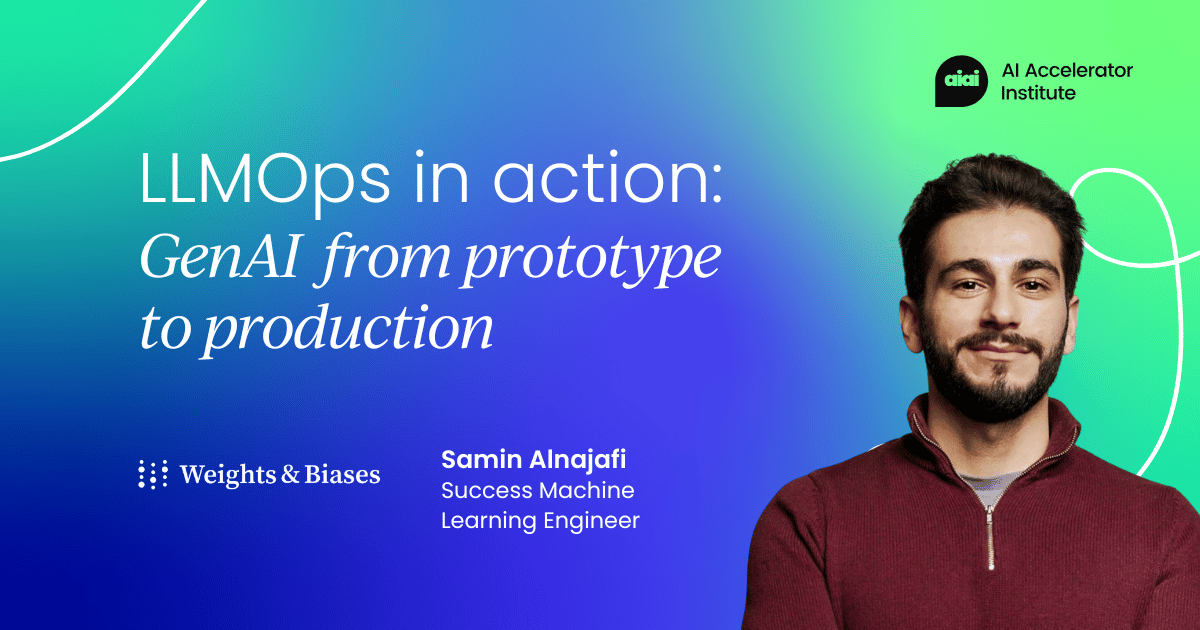The integration of generative artificial intelligence (GenAI) prototypes into production environments is marking a milestone in the tech sector, where many companies face the challenge of turning these innovations into effective solutions. The quest to maximize the use of these tools has revealed an urgent need to streamline the deployment process, leading to the emergence of methodologies like LLMOps.
LLMOps presents itself as a promising solution by facilitating the transfer of large language models from their prototype phase to production implementation. This approach not only focuses on getting a model up and running but also on ensuring that it operates optimally in a real-world environment, delivering consistent and relevant results. Organizations that have adopted LLMOps have reported notable improvements in their deployment times, allowing for agile experimentation and quick adjustments in their applications.
One of the standout features of LLMOps is its ability to enable scalability. Companies can manage increasing volumes of data without compromising efficiency, which is crucial in a constantly evolving digital landscape. Additionally, this methodology integrates continuous monitoring and maintenance practices, ensuring that GenAI systems remain up-to-date and function properly, minimizing the risk of errors and optimizing the end-user experience.
With the ongoing advancement of technology and the high demand for artificial intelligence solutions, the successful implementation of GenAI becomes more accessible thanks to approaches like LLMOps. This paradigm not only transforms the way organizations deploy their innovations but also paves the way for a future where generative artificial intelligence becomes an essential pillar for business growth and innovation.
via: MiMub in Spanish










